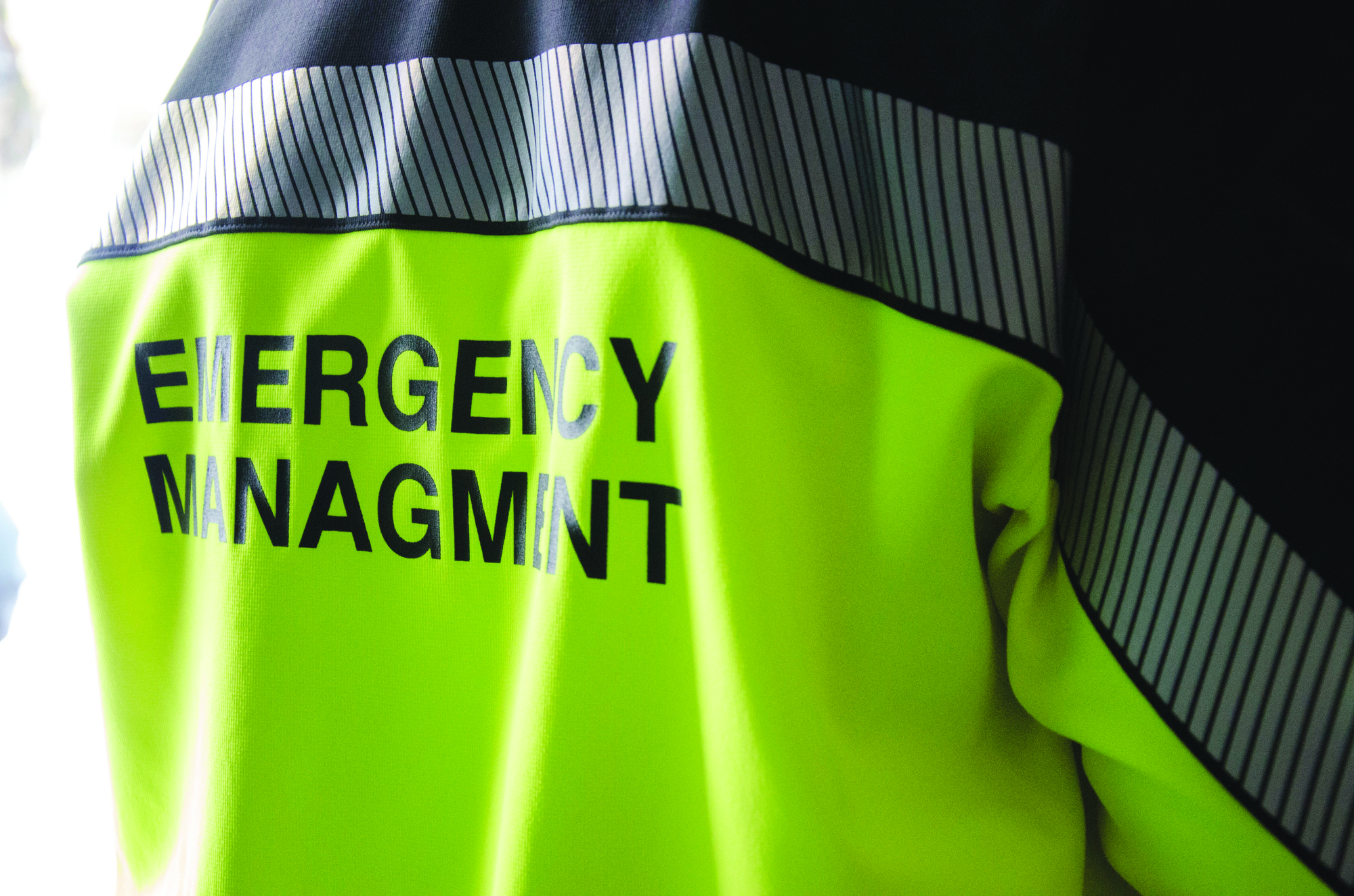USU officials talk security measures for an active shooter
Another campus shooting took place on Thursday morning in Roseburg, Oregon at Umpqua Community College. Nine lives were lost, including Lucero Alcaraz, 19; Quinn Glen Cooper, 18; Kim Saltmarsh Dietz, 59; Lucas Eibel, 18; Jason Dale Johnson, 33; Lawrence Levine, 67; Sarena Dawn Moore, 44; Treven Taylor Anspach, 20; and Rebecka Ann Carnes, 18.
This is the fourth fatal shooting on a U.S. college campus since August, and voices everywhere are sharing opinions about what should be done and how gun control plays a part. Umpqua has a no-weapons policy on campus.
As college campuses continue to be the site of such crimes, the question becomes “How well is Utah State University prepared for an active shooter?”
“We would have backup if it was bad enough,” said Judy Crockett, emergency manager at USU, in regards to how the university would fair if an active shooter was on campus.
Campus Police Chief Steve Mecham echoed this statement.
“We think we would be effective but most shootings are over in a matter of minutes … If there was an active shooter on campus, our response time would be between one to two minutes,” he said.
Because of this sort of response from campus security, students are encouraged to sign up for USU’s emergency alert system, Code Blue, for which only 136 students and faculty registered in 2012.
“If we had an active shooting, the first thing we would do is put out a emergency alert with the initial message not giving a lot of detail other than there is a shooting and where is it is,” Mecham said.
What students should do if confronted by a shooter though is a mystery to most, despite the wishes of emergency management.
“I would want to make it mandatory for students to sign up for Code Blue and for there to be mandatory training for active shooter preparedness,” Crockett said.
Without the video, though, Mecham is willing to give advice to students in case they are ever in a situation where they were face-to-face with an active shooter which was “prepare to fight for your lives.”
But when students were asked what they would do if confronted by an armed shooter, fighting wasn’t quite their response.
“I don’t know what I’d do. Cry maybe?” said Kyle Hacking, a sociology major.
“I’d play dead,” said Katie Graydon, a communication and deaf education student.
“Honestly I’d probably just stand there like a deer in the headlights,” said Lauren Filion, a special education major.
— shaniehoward214@gmail.com

